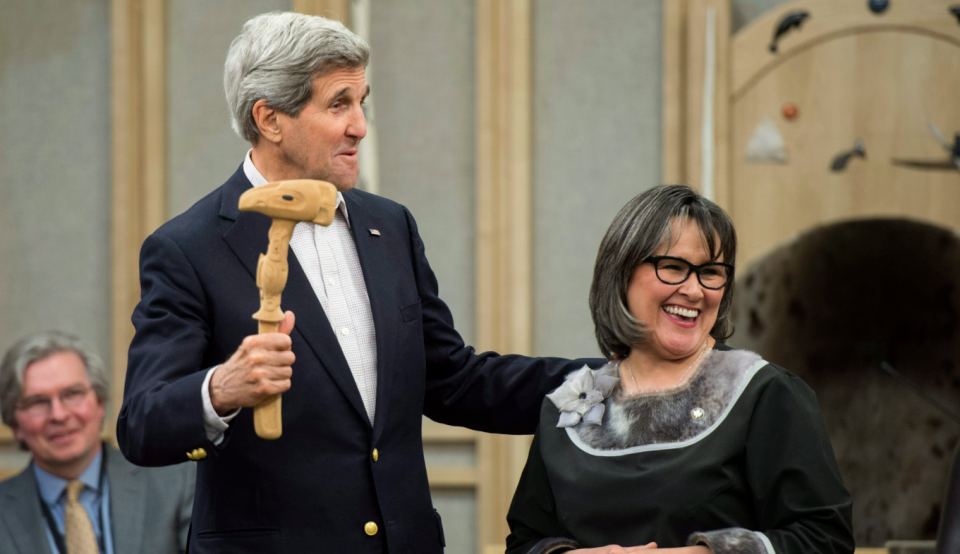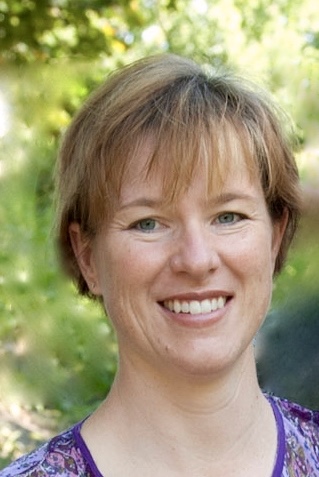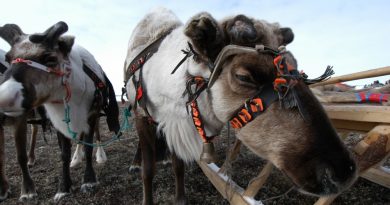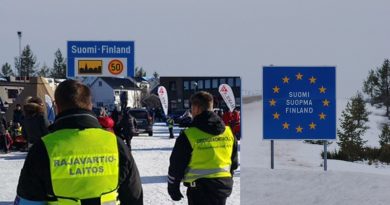The Arctic Council at 20 – View from Canada

The Arctic Council is celebrating its 20th anniversary this month.
The international forum also has Canadian roots and was established on September 19, 1996 when the world’s circumpolar nations signed the Ottawa Declaration, outlining the new forum’s focus: sustainable development and environmental protection.
To mark the occasion, Eye on the Arctic is bringing you a series of interviews this month with northern experts from around the globe. We’re getting their perspectives on the Arctic Council’s successes, stumbles and the challenges ahead. (For our previous interview from Finland, click here.)
In this instalment, we bring you our conversation with Jennifer Spence, a PhD candidate at the School of Public Policy and Administration at Carleton University in Ottawa, Canada. She’s also one of the MC’s at a conference being hosted today at the university titled “A Celebration of the 20th Anniversary of the Arctic Council.”
Jennifer Spence spoke to Eye on the Arctic from Ottawa.
Eye on the Arctic: How has the Arctic Council evolved as an organization since its inception?

Jennifer Spence: It’s become the preeminent forum for Arctic decision-making and policy-making. What’s interesting to me is that the Arctic Council came from very humble beginnings. It was the culmination of two different initiatives: one from Finland, where the focus was really on environmental protection, and the other from Canada, where the focus was on broader regional cooperation and a meaningful role for indigenous people. It’s the combination of these two things that brought the Arctic Council into being.
It was a very rocky beginning and there was not a lot of interest from governments at the time in creating such a council. It didn’t garner a lot of attention in its early years. I think the turning point for the Arctic and the Arctic Council was the release of the Arctic Climate Impact Assessment, a really seminal work done by the Arctic Council, in partnership with a number of other organizations, that was released in 2004 that really put climate change on the map both regionally and internationally. This, and other reports like the Arctic Human Development Report, really put the Arctic Council on the map as an organization that was providing really high-quality policy advice. It’s been on an upward trajectory ever since in terms of expectations that it delivers something for the region.
What are some of its other main accomplishments?
Interestingly, a lot of people will point to the most recent binding agreements of the Arctic Council as a sign of its success. There’s been two key ones around emergency preparedness and response and oil pollution prevention. But for me, what has really put the Arctic Council on the map is its indirect impact and influence on international bodies and conventions like the climate change convention or the pollution conventions that happen internationally.
Sometimes I think we overlook the Arctic Council’s more nuanced contributions. Where the Arctic Council has really been successful, is being a very credible and legitimate voice on the things that are affecting the Arctic. Most importantly, it’s taken a really large interest in the human dimension of the Arctic which often gets forgotten on the international scene.
What would you like to see the Arctic Council do more of?
The Arctic Council is in some ways at a crossroads, needing to make a choice about what kind of organization it’s going to be and what kind of role it’s going to play moving forward. It’s not to say I think it can’t do multiple things. It’s a question of needing to align the work that it’s going to do with the way it’s organized.
I think there’s two agendas at play from a substance perspective. The Arctic Council plays an important role in global issues and activities, but it also does work focused specifically on the region.
At its heart, the Arctic Council is meant to be about the human dimension of the Arctic: health, economic, social and cultural well-being of the people of the North, climate adaptation and mitigation, search-and-rescue, wildlife management. Those are all issues that are about regional cooperation and management. Frankly, when you look at those issues, they really don’t pertain to anybody but the actors and stakeholders in the region. So, they need to find a way to manage issues in the agenda of the Arctic Council so that international issues are addressed by a broader constituency vs those that are regional in nature.
Why should the world be paying more attention to the Arctic Council’s work?
The Arctic Council both is influenced and is influencing a number of global issues; climate change being the most obvious example. There needs to be an important linkage made between the work of the Arctic Council and other international bodies and players, whether it be states or business. The Arctic Council has a particular role to play and it is well positioned to inform a broader international discussion.
The above Q&A has been edited and abridged.
For Eye on the Arctic’s extended conversation with Jennifer Spence , listen here:
Write to Eilís Quinn at eilis.quinn(at)cbc.ca
Related stories from around the North:
Canada: Arctic Council celebrates 20 years of northern cooperation, Eye on the Arctic
Finland: The Arctic Council at 20 – View from Finland, Eye on the Arctic
Norway: Arctic Council aims to boost business, The Independent Barents Observer
Russia: Russia invites Arctic Council on icebreaker tour, The Independent Barents Observer
Sweden: Arctic Council – From looking out to looking in, Blog by Mia Bennett, Cryopolitics
United States: Arctic Council – 20 years in a warming world, Deutsche Welle’s Iceblogger



